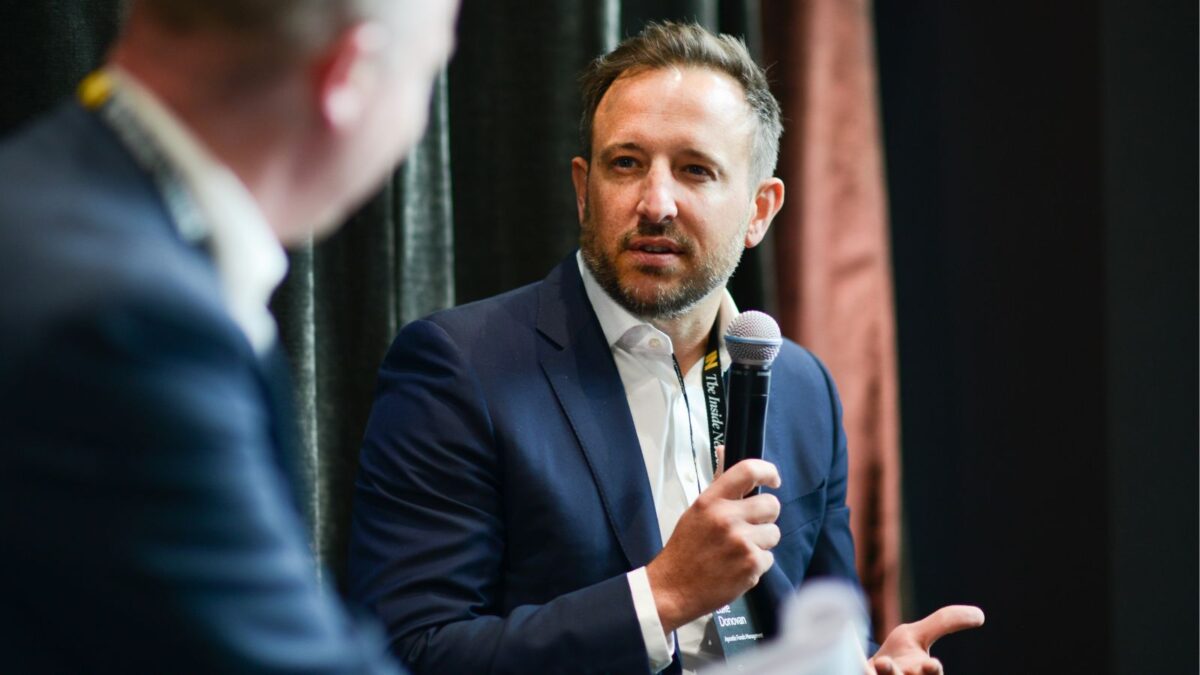Why this ‘super commodity’ is ready for instos
The renewables boom was, in some respects, the “false dawn” of the transition to net zero. Economies of scale coming through from mass production in China saw the rapid rollout of renewable energy infrastructure, with demand for carbon taking a significant hit as a result. But the next run of abatement is “more expensive and difficult to achieve”, according to Luke Donovan partner for global carbon markets at Apostle and manager of its carbon credit fund. And that will likely entail very aggressive price appreciation of carbon.
“We have a strong history in Australia of the climate wars, but carbon has become bipartisan,” Donovan told Investor Strategy News’ Think Forward Pay Forward symposium. “Governments are behind this; they’ve identified this as the most efficient mechanism to transition the economy and they see it as a key pillar in achieving those targets. That gives confidence to investors that it’s likely to stick around.”
Apostle’s fund was seeded by TelstraSuper and invests in compliance carbon markets, which differ from the voluntary market in that they’re regulated by governments and have legislated buyers.
“How do you incentivise this transition? You don’t give people a choice; you tell them they’re legislated to participate in this scheme and ultimately decarbonise your business,” Donovan said. “That legislated demand helps to create scale in the market, sophistication through a whole bunch of financial products, and that warrants institutional investment.”
Compliance carbon credits can play a number of different roles in the portfolio, Donovan says. At the base level they’re a commodity and act as a very good liquid alt; they also work as an inflation hedge, because many of the schemes that dictate how carbon markets work often have inflation linkages built into their price caps and floors. They’re a “super commodity”, Donovan says, and at a higher level they’ve got a “bunch of ESG benefits”.
“The really compelling reason, at a macro level, is as carbon compliance prices increase – which they’re legislated to – you see that they have an impact on all asset class valuations. It’s important to have a hedge against that to protect the whole portfolio, whether its public or private equity, infrastructure – carbon will have an impact on those asset values, and having an exposure to the underlying commodity is key.”
But because it’s a new space with an ESG flavour it’s going to “attract some attention”, and manager expertise (and selection) are key. Of equal import is diversification in a space known for highly volatile regional markets.
“It would be really disappointing, as someone who’s passionate about this space, to have institutional investors wade into a market only to have that market experience 96 per cent volatility – as some markets do – and then take another decade to come back,” Donovan says.
“The reality is that it’s really important that we get institutional investment in these markets because one, it’s a good opportunity for them from s capital appreciation perspective; but it’ll increase liquidity, it’ll increase price transparency, and ultimately it’ll increase the efficiency of this market, which will make the economy’s transition quicker from a net zero perspective.”











